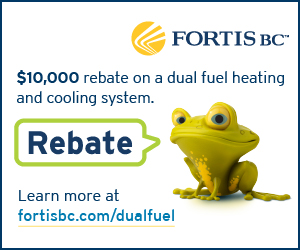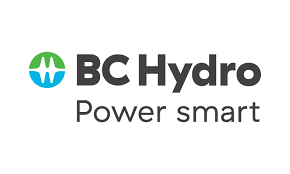bc hydro air conditioning rebate, bc hydro furnace rebate, hvac technician near me, hvac company near me, hvac company
Understanding HVAC Rebates
HVAC rebates are financial incentives offered by government programs and utility companies to encourage homeowners to upgrade their heating and cooling systems. These rebates can significantly reduce the initial cost of purchasing and installing energy-efficient HVAC systems, making them more accessible to homeowners.
For instance, programs like CleanBC provide rebates based on household income and property value, allowing eligible homeowners to receive substantial financial assistance. By understanding these rebates, customers can make informed decisions about upgrading their HVAC systems while benefiting from lower energy bills in the long run.
Eligibility Criteria for HVAC Rebates
To qualify for HVAC rebates, homeowners must meet specific eligibility criteria set by the respective programs. Generally, these criteria include requirements related to the age and type of existing heating systems, as well as the residency status of the property.
For example, the FortisBC Dual-Fuel Rebate requires that the existing gas furnace be at least ten years old and that the home is a year-round primary residence. Understanding these eligibility requirements is crucial for homeowners to ensure they can take full advantage of available rebates.
How to Apply for HVAC Rebates
The application process for HVAC rebates typically involves submitting proof of purchase, installation details, and any required documentation to the program administrators. Homeowners should carefully follow the application guidelines to ensure a smooth approval process.
For instance, many programs offer online applications where users can upload documents directly. It is advisable to keep copies of all submitted documents and to confirm receipt of the application to avoid any delays in receiving the rebate.
Benefits of Upgrading to Energy-Efficient HVAC Systems
Upgrading to energy-efficient HVAC systems not only helps homeowners save on energy costs but also contributes to a more sustainable environment. Energy-efficient systems consume less energy, which can lead to a significant reduction in greenhouse gas emissions.
Moreover, many energy-efficient systems come with advanced technology that enhances comfort and air quality in homes. For example, heat pumps can provide both heating and cooling, making them a versatile choice for homeowners looking to improve their indoor climate while benefiting from potential rebates.



